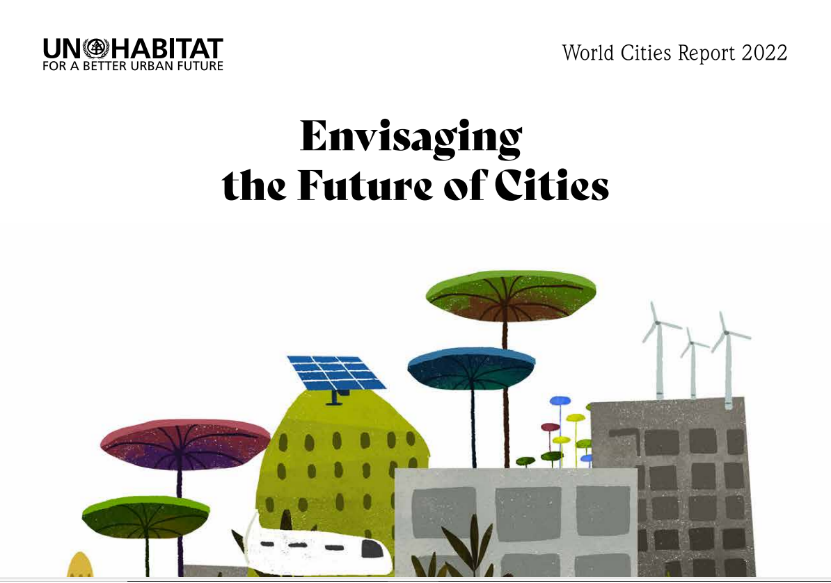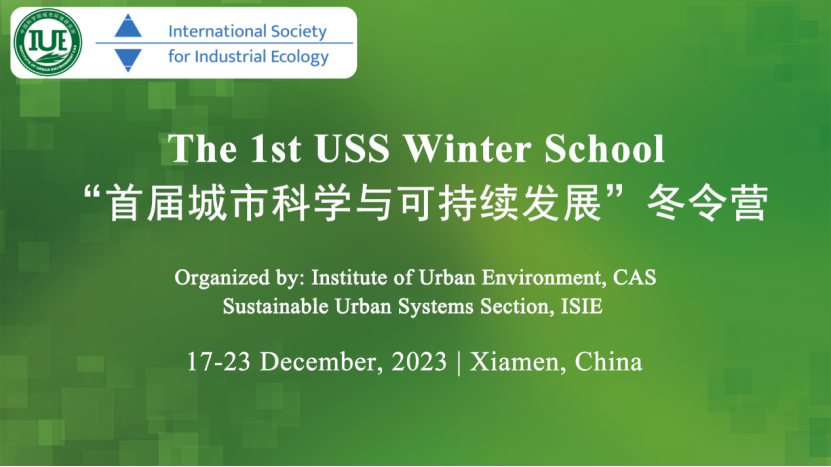The Urban Nexus Lab: Transforming Infrastructure and Food Systems Towards Decarbonization, Health, Wellbeing, and Equity
Anu Ramaswami
Dec. 12, 2022, 19:30 – 21:00 (New York Time)
Dec. 13, 2022, 08:30 – 10:00 (Beijing Time)
Prof. Anu Ramaswami is Professor of Civil and Environmental Engineering, Princeton Institute for International and Regional Studies, and the High Meadows Environmental Institute; Sanjay Swani ’87 Professor of India Studies; Director, M.S. Chadha Center for Global India, Princeton University.Prof. Ramaswami is an interdisciplinary environmental engineer and professor at Princeton University, with appointments across India studies, civil and environmental engineer, and the High Meadows Environmental Institute. She has pioneered sustainable urban systems science and knowledge co-production for developing low-carbon, healthy, and equitable cities. Her work explores how eight key sectors – that provide water, energy, food, buildings, mobility, connectivity, waste management and green/public spaces – shape human and environmental wellbeing, from local to global scales. Ramaswami’s work integrates environmental science and engineering, industrial ecology, public health and public affairs, with a human-centered and systems focus. She is the author of more than 100 peer-reviewed articles, published in leading journals such as Science, Nature Climate Change, Nature Sustainability, Proceedings of the National Academy of Sciences (PNAS), Environmental Science & Technology, and Environmental Research Letters. She is the inaugural director of the M.S. Chadha Center for Global India at Princeton University, the lead principal investigator and director of the National Science Foundation (NSF)-supported Sustainable Healthy Cities Network, and serves on the United Nations Environment Programme’s International Resource Panel.
Abstract:
Professor Anu Ramaswami will discuss the arc of research in her lab over the past 15 years, focused on measuring and modeling the linkages between urban infrastructure and food provisioning systems with multiple outcomes relating to decarbonization, wellbeing, health and equity.



